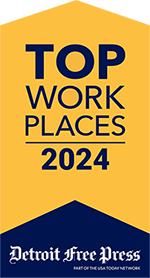In today’s news, seeing press releases announcing a company’s mass reduction in force (RIF) feels far too common. We’ve recently seen many technology-specific companies conduct these, cutting out hundreds of their employees at a time.
According to SHRM, the Society for Human Resource Management, a reduction in force occurs when a position is eliminated with no intention of replacing it and results in a permanent cut in a company’s workforce.
Why might an employer do something so drastic?
The short answer is that a RIF is a relatively inexpensive risk management strategy. Often used in times of economic stress, an employer might decide to reduce its workforce by terminating employees to cut costs, usually after trying other methods unsuccessfully.
While conducting a RIF might be the most logical and cost-effective choice, it’s important to consider the human and business impact a RIF will have on your organization.
Making the Choice to Perform a RIF as an Employer
For employers, a reduction in force can have a serious impact on your employer brand if not handled properly. Even if a RIF is handled with the utmost care and respect for employees, an organization will still likely experience a decrease in the workforce’s level of trust in leadership and in the company as a whole. This break in trust may also lead to voluntary turnover from employees who are left remaining after a RIF takes place. In addition to a potential loss in trust between company and workforce, employers should also consider the fact employees will commonly turn to social media to share their experiences following a RIF—particularly if their experience is bad and they are left with a bad impression of the company.
Employers not only have to worry about the affect RIFs have on their workplace’s psychological wellbeing, but they also have to comply with legal requirements to minimize their liability.
For example, the federal Worker Adjustment and Retraining Notification Act (WARN Act) requires employers with 100 or more employees to provide at least 60 days advance written notice of a plant closing or mass layoff affecting 50 or more employees at a single site of employment. Not to mention, employers should avoid disproportionate layoffs of protected groups by federal employment discrimination laws.
The reality is, however, that any RIF will undoubtedly cause a wave of disruption throughout an organization and workforce, no matter whose position is eliminated. Employers have to be aware of and consider the implications that this disruption will have on their organization when having to make the difficult decision of choosing to do an RIF.
How a RIF Impacts the Wellbeing of Your Workplace
There’s no question that a RIF will disrupt the lives of your employees, both those whose positions are cut and those whose jobs remain and who get to keep their roles.
For those whose jobs are not eliminated, many feel “survivor’s guilt” knowing their coworkers were not so fortunate and lost their positions while they got to keep theirs. They also may feel anger and frustration at the decision knowing they may have to take on twice the amount of work to offset the loss of workforce and hands on deck.
To truly understand the behavioral health impact a RIF has on an employee who is terminated, it’s critical to first acknowledge that these employees often feel anger after a RIF happens due to the fact that they feel victimized by a decision they were powerless to change or stop.
This is why it is incredibly valuable for leaders to provide disruption-specific behavioral health support to their organization and employees following a RIF, no matter how big or how small the company is and how many positions are cut.
At R3 Continuum, RIFs are the third most common type of incident we are called to provide DEM response to, or Disruptive Event Management.
By providing the option of talking with a trained behavioral health counselor for on-site workplace support, leaders are giving their employees the ability to make the first positive choice for themselves following an event that they had no choice or influence in.
In other words, offering optional support resources to employees helps restore their sense of personal agency.
Whether employees choose to take advantage of the service or instead turn immediately to update their resumes and begin their job search is not what ultimately matters.
“Recognize the value of the secondary game,” says Jeff Gorter, VP of Crisis Response Clinical Services, “This is not a game of numbers. Whether two or 200 employees show up to use the service is not the point. If only two people show up to seek support post-RIF, that’s money and resources well spent—it’s about showing that you care about your employees as a company and offering compassion. It’s about giving your employees a sense of choice.”
When asked what advice he would give to employers who decide to do RIFs, Jeff says to not make the mistake of skipping providing behavioral health support services as a way to save money at the present moment; the risk and potential cost of doing nothing can be far worse for an organization or business.
Another benefit of offering employees the support of trained behavioral health counselors on-site for leaders AND employees is that they are mitigating the risk of the worst-case scenario: an employee harming themselves or others as a result of feeling wrongfully treated and understandably upset.
By providing employees with behavioral health resources on their way out, often in tandem with career services to help employees make next steps in finding a new position, employers are ultimately doing the right thing for both the people they are impacting as well as their own reputational brand as a company. The goal is not to eliminate the difficult emotions and feelings an employee who loses their job will have following an RIF, but instead to help them feel like, “okay, I understand they (employer) had to make this decision for business reasons, but at least they thought of how this would affect me and did the best they could to offer me resources to help me move forward.”
At the end of the day, this is the best outcome an employer can hope for when it comes to supporting their organization and showing they value their employees as human beings, not just a cost to them.
Connect with us today and learn how R3c’s tailored Disruption Response and Recovery Services can support your workplace before, during, and after a RIF.







